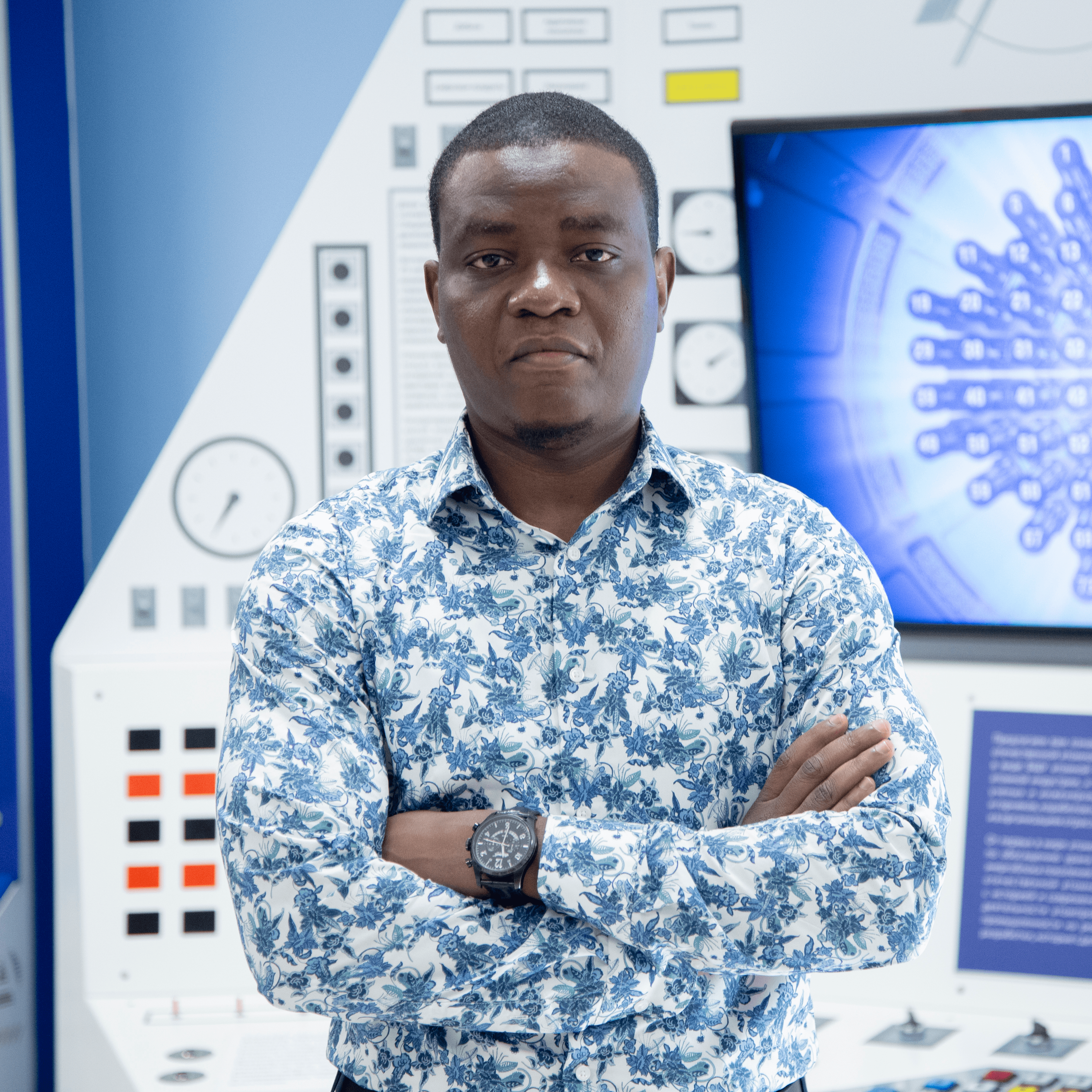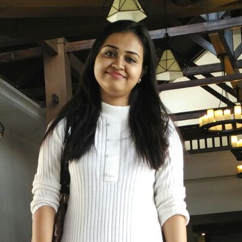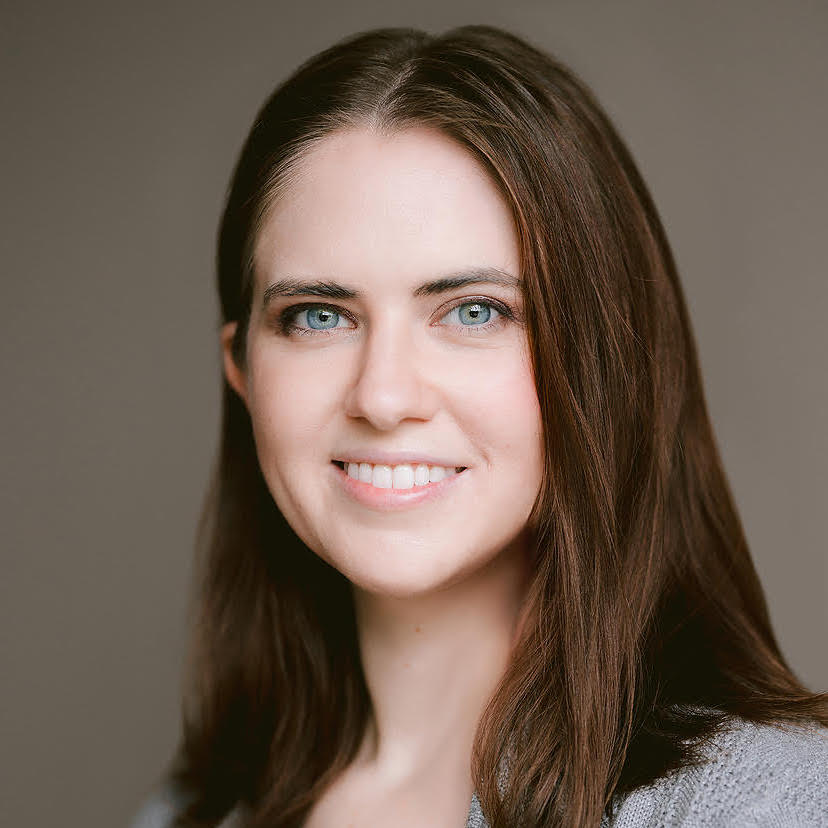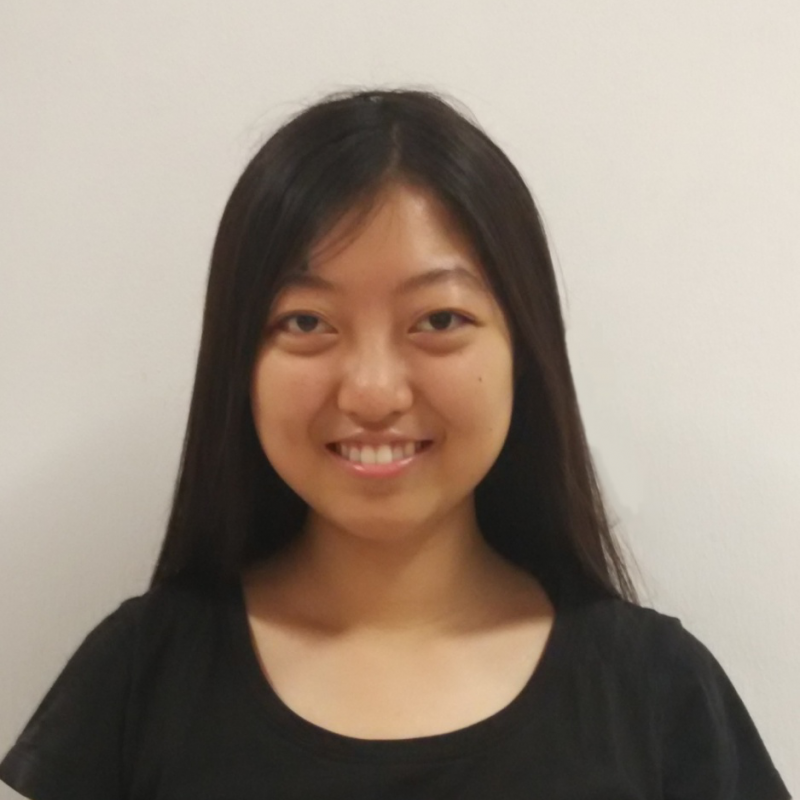Priority Application deadline: 11:59 pm EST, Wednesday, April 16, 2025
click here to ApplyApplications received after April 16 will be reviewed on a rolling basis until all spots are filled.
Academy Overview
The AI for Scientists and Engineers Summer Academy is designed for academic researchers, including university faculty, in a wide range of domains including biological sciences, engineering, environmental and earth science, physical sciences, and social sciences. Participants will learn the mathematical foundations of machine learning (ML), critically assess the data used in AI models, evaluate and validate ML model outputs, and understand strategic considerations for incorporating AI into research workflows. The prerequisites are college level math and statistics; prior coding experience is not required. Specific topics include supervised and unsupervised learning, neural networks, causal inference, and science-informed machine learning models.
The Summer Academy consists of three weeks of instructions, with different focuses. One can choose to attend any or all weeks; however, weeks 2 and 3 require some prior knowledge of AI / ML.
- Week 1 (Monday, July 7 – Friday, July 11, 2025): The conceptual understanding of AI and its applications in domain research.
- Week 2 (Monday, July 14 – Friday, July 18, 2025): The implementation of ML models in a Python environment.
- Week 3 (Monday, July 21 – Friday, July 25, 2025): Advanced topics of AI and its applications in domain research.
Participants are expected to bring a laptop for programming components of the academy.
Light breakfast options will be available daily. A dedicated lunch reception is planned for Wednesday each week.
Academy Details
Click each section for more details
By the conclusion of the Academy, participants will be better prepared to integrate AI approaches into their research, collaborate more effectively with AI experts, and be ready to take the next steps in their AI journey.
- Internal Participants (U-M Personnel and Students)
- Weekly Rate: $180
- Discounted Rate (All 3 weeks): $500 (Thanks to the support from the University that allows us to offer a deep discount for U-M employees and students)
- Other Academic Institution and U-M Alumni
- Weekly Rate: $1,000
- Discounted Rate (must be registered for all three weeks): $2,500
- External Participants
- Weekly Rate: $3,000
- Discounted Rate (All 3 weeks): $8,000
This academy is open to researchers in academia, industry and public-sector organizations. We especially welcome university faculty to attend.
Summer academies are designed with faculty, staff, and postdocs in mind. Students are also welcome to apply, though priority will be given to faculty, staff, and postdocs.
- More than 14 days before the first day: full refund minus $50 processing fee
- Cancellation between 7 and 14 days of the first day: 50% refund
- Less than 7 days: no refund
College level math and statistics
Note: prior coding experience is not required
In-person on Central Campus. Specific location to be announced soon.
Parking available nearby includes a parking structure for U-M Blue/Gold permit holders, located at 525 Church St., and metered street parking along Church St. There is also a public garage at 650 S. Forest Ave. View available public parking in Ann Arbor here and real time occupancy counts and public parking structures here.
Summer Academy Faculty

Kamal Abdulraheem
Schmidt AI in Science Fellow, Michigan Institute for Data and AI in Society

Mohna Chakraborty
Data Science Fellow, Michigan Institute for Data and AI in Society

Zheng Guo
Schmidt AI in Science Fellow, Michigan Institute for Data and AI in Society

Xinyu Liu
Schmidt AI in Science Fellow, Michigan Institute for Data and AI in Society

Elle O’Brien
Lecturer IV; Research Investigator, School of Information

Madeline Peters
Schmidt AI in Science Fellow, Michigan Institute for Data and AI in Society

Alexander Rodríguez
Assistant Professor, Computer Science and Engineering

Kerby Shedden
Professor, Statistics, LSA, Biostatistics, School of Public Health, Director of Consulting for Statistics, Computing, and Analytics Research (CSCAR)

Eunjae Shim
Schmidt AI in Science Fellow, Michigan Institute for Data and AI in Society

Yiluan Song
Schmidt AI in Science Fellow, Michigan Institute for Data and AI in Society
Week 1: Concepts and Applications
Monday, July 7 – Friday, July 11
8:30 AM – 4:30 PM
*Subject to change
Click each section for more details
Topics will include:
- Welcome and Program Overview
- Review of Core Mathematical Foundations for AI
- Statistical Inference and Data-Centric Concepts
- Conceptual Introduction to AI and Machine Learning
- Research rigor, reproducibility and ethics
Topics will include:
- Principles of Supervised Learning
- Model Training, Validation, and Assessment
- How Scientists Use Supervised Learning
Topics will include:
- Linear algebra for AI
- Dimensionality reduction
- Introduction to Unsupervised Learning
- Applications of Unsupervised Learning in Domain Research – small group discussions
Topics will include:
- Introduction to Deep Learning
- Model Interpretation and Causal Inference in Research
- Use Cases in Science and Engineering (applications in image recognition, natural language processing, etc)
- Science-informed ML models and specific examples.
Topics will include:
- Foundation Models
- Addressing Practical Challenges in AI for Research
- Recommendations for Further Learning
Week 2: Implementations of AI for Research with Python
Monday, July 14 – Friday, July 18
8:30 AM – 4:30 PM
*Subject to change
Click each section for more details
Topics will include:
- The Computing Environment: the Great Lakes environment, on-demand notebooks
- Introduction to Python Programming
- Interactive Notebooks and IDEs
- AI-Assisted Coding and Development
Topics will include:
- Working with Tabular Data using Pandas
- Data Cleaning Techniques
- Feature Engineering: one-hot encoding, scaling, and temporal features
- Handling Complex Data: clustered, spatial, temporal, time series, longitudinal, and other non-independent and non-stationary data
- Strategies for Dataset Splitting (train/test/validation) and Sampling
Topics will include:
- Sklearn
- Pytorch, keras, tinyml and Other Libraries
- Architectures (CNN, RNN)
- Fundamentals and exploring things like tokenization
Topics will include:
- Model Evaluation Metrics and Cross-validation Techniques
- Model Deployment
- Performance Assessment
- Interpretability and explainability
- Integrating empirical and mechanism-based methods
Topics will include:
- Introduction to HuggingFace and its Ecosystem for AI Models
- Downloading / Accessing Pre-trained Models: for various modalities and research domains (e.g., text, images, scientific data)
- Reading and Interpreting Model Cards to Assess Capabilities and Limitations
- Running Inference with Pre-trained Models and Evaluating Outputs
- Fine-tuning Models for Specific Tasks and Domains
- Other Resources for Leveraging LLM
Week 3: “Passion Week” – Advanced Topics of AI Methods with Applications in Domain Research
Monday, July 21 – Friday, July 25
8:30 AM – 4:30 PM
*Subject to change
Click each section for more details
Topics will include:
- Applications in scientific and engineering research (e.g., materials discovery, image analysis, protein folding)
- Multiple types of architectures (CNNs, RNNs, Transformers) and when to use them
Topics will include:
- Introduction to generative models (GANs, VAEs, Diffusion Models, scientific foundation models)
- Use cases in scientific research
Topics will include:
- Introduction to Physics-Informed Neural Networks (PINNs) and their role in scientific modeling
- Use cases
Topics will include:
- Introduction to causal inference concepts (DAGs, counterfactuals) and causal reasoning in research
- Use cases
Topics will include:
- Introduction to uncertainty quantification (aleatoric vs. epistemic uncertainty)
- Strategies for quantifying and interpreting uncertainty in AI models
Questions? Contact Us.
Contact Faculty Training Program Manager, Kelly Psilidis at [email protected]